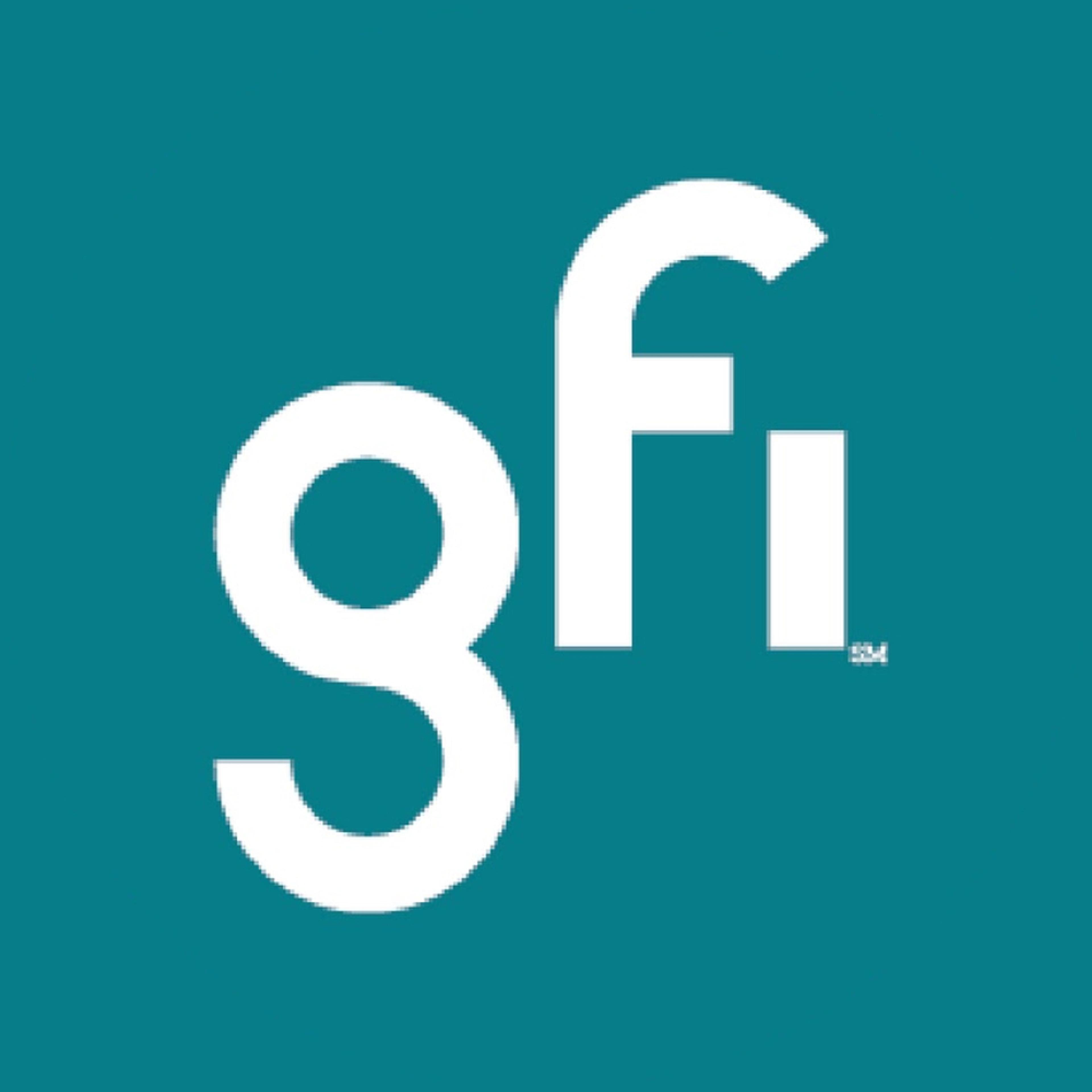
Good Food Institute
Alternative Protein Field Building
The Good Food Institute (GFI) is an international nonprofit working to improve the food system by developing and promoting plant- and cell-based alternatives to animal products.
What problem is GFI working on?
Globally, meat consumption is the highest it has ever been. According to the UN, global meat production is projected to double by 2050.
GFI’s mission is to develop “the roadmap for a sustainable, secure, and just protein supply.” The organisation works to “identify the most effective solutions, mobilize resources and talent, and empower partners across the food system to make alternative proteins accessible, affordable, and delicious.”
In addition to reducing animal suffering, GFI believes that transforming the food system would help reduce the risk of disease, feed more people, and positively impact the climate.
What does GFI do?
GFI is working to build “a world where alternative proteins are no longer alternative.” To that end, GFI:
- Conducts and advances scientific, open-access research in food technology, including plant-based and cultivated alternatives to animal products like meat, dairy, eggs, and seafood.
- Engages in policy work focused on procuring public (government) funding for alternative protein research and advocating for the fair regulation and labelling of alternative proteins.
- Works across the industry to advance private sector innovation and investment in alternative proteins. This includes increasing access to market research and consumer perception insights, providing mentorship and guidance to startups, and convening and connecting the next generation of innovators.
What information does Giving What We Can have about the cost-effectiveness of GFI?1.
We previously included GFI as one of our recommended charities based on several positive indications:
- Animal Charity Evaluators lists GFI as a top charity: “The main interventions used by GFI (research, policy work, and corporate outreach) are likely to be highly effective in strengthening the animal advocacy movement and increasing the availability of animal-free products.”
- Open Philanthropy believes the acceleration of cost-competitive protein alternatives is an animal welfare avenue that is worth pursuing, and has awarded several grants to GFI. In 2021, it stated that its Farm Animal Welfare Team “has been particularly impressed with GFI’s public policy work relating to plant-based products.”
- Founders Pledge conducted a review of GFI, concluding that its advisory committee “recommends The Good Food Institute as one of the most cost-effective animal advocacy organisations in the world.”
We’ve since updated our recommendations to reflect only organisations recommended by evaluators we’ve looked into as part of our 2023 evaluator investigations and concluded to be particularly well-suited to helping donors maximise the impact of their “dollar”. As such, we don’t currently include GFI as one of our recommended programs because:
- When we looked into ACE as part of our evaluator investigations we decided to not currently rely on their charity recommendations. However, we still expect choosing ACE recommended programs to be significantly more impactful than choosing animal welfare programs without an impact-focused evaluation behind them, and we remain open to (some of) ACE's recommendations being among the most cost-effective donation opportunities in animal welfare.
- While we expect to soon look into Founders Pledge as part of this more in-depth evaluator research, we haven’t yet.
You can still support GFI via our donation platform. GFI also recently received a recommendation from the impact-focused evaluator Giving Green.
At Giving What We Can, we focus on the effectiveness of an organisation's work -- what the organisation is actually doing and whether their programs are making a big difference. Some others in the charity recommendation space focus instead on the ratio of admin costs to program spending, part of what we’ve termed the “overhead myth.” See why overhead isn’t the full story and learn more about our approach to charity evaluation.